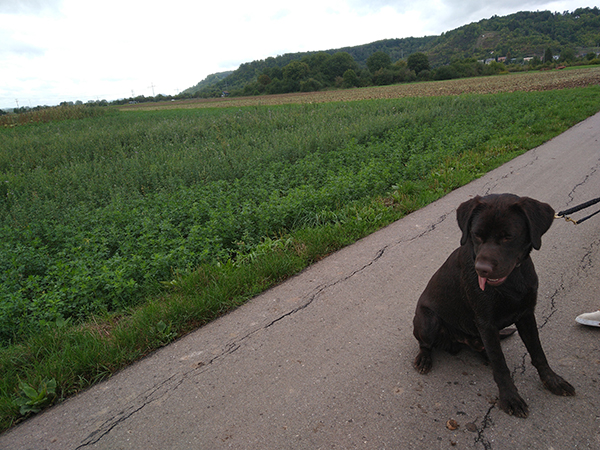Germany and other European countries have relaxed the rules for the entry of pets from Ukraine after the outbreak of the war in Ukraine. Refugees can thus take their own pets to Germany without prior permission. However, it is mandatory that they contact the local veterinary authority. Also, dogs, cats and other animals may not be brought into initial reception facilities and collective housing, informs the press office of the Tübingen district office.
If the animals have been vaccinated against rabies 30 days prior to entry from Ukraine, this has been documented and the animals have been marked with a transponder, they will be examined at the point of arrival. This was announced by the Baden-Württemberg Ministry of Agriculture. If everything is in order, the level of the rabies titer is determined, i.e. how many antibodies against rabies the animal has. For that long, the animals have to stay in the so-called home quarantine and are not allowed to have any contact with other animals. If the animal has enough antibodies in its blood, the quarantine is lifted. Otherwise, the animal must be revaccinated and quarantined again. Since it is common for the test to show too low a level of antibodies, veterinary authorities may also order the animal to remain in home quarantine for three months. If cats, dogs or ferrets are not vaccinated upon entry, they are examined, vaccinated and given a chip and an EU pet passport. Then they must spend three months in home quarantine.
Most recently, 80 refugees in the Tübingen district had brought their pets with them.
The veterinary department of the district office can be reached by phone at 07071-207 3204 and by mail at veterinaerwesen@kreis-tuebingen.de
tun22091401
Hund auf Weg in der Natur. Foto: tünews INTERNATIONAL / Theresa Melnyk.




